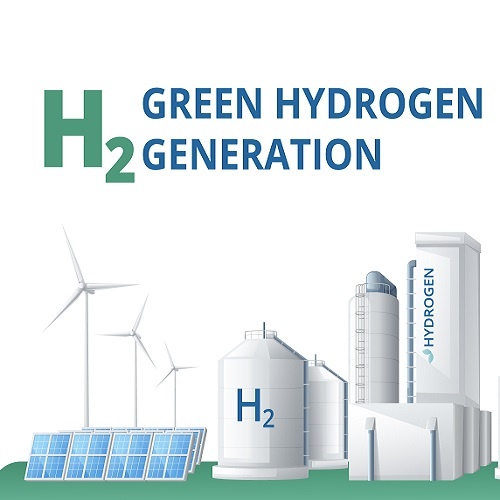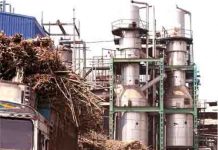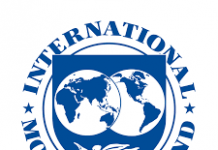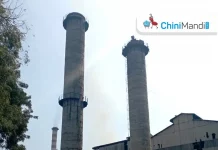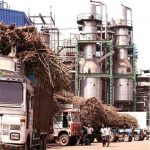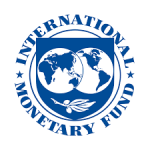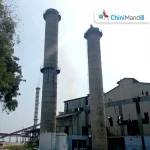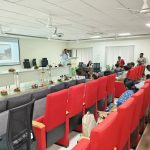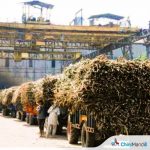Ahmedabad: Welspun World, through its entity Welspun New Energy Limited, is committed to supporting Gujarat’s decarbonisation ambitions with a cumulative investment of over Rs 40,000 crores.
It plans to build a green hydrogen and green ammonia ecosystem in the state.
In a release, Welspun said its new energy entity today entered into a strategic alliance with Gujarat Pipavav Port Limited (GPPL), promoted by APM Terminals, part of the AP Moller-Maersk Group, to mutually explore opportunities and develop green hydrogen facilities for the production of green hydrogen and its derivatives such as green ammonia and green methanol, at the land parcel provided by Gujarat Pipavav Port Ltd.
The MoU, inked at the Vibrant Gujarat Global Summit 2024, will also explore collaboration in joint production and off-take arrangements for the green molecules to be developed at the facilities.
Kapil Maheshwari, Executive Director and CEO of Welspun New Energy said, “This initiative reflects our dedication to contributing to the prosperity of the State and creating a positive impact on its economic landscape. Welspun New Energy is eager to be a catalyst for transformative changes in the energy sector across India by developing robust and reliable green energy infrastructure.”
BK Goenka, Chairperson, Welspun World, said, “As a responsible global conglomerate, Welspun World continues to invest in long-term, strategic projects that are aligned with Welspun’s Vision and our desire for a greener planet. Our initiatives align with Prime Minister Narendra Modi’s mission of making India a leader in Green Energy and transforming Gujarat as one of the growth engines on our journey towards achieving sustainable economic growth. We are delighted that our partnership with GPPL will explore avenues for reducing emissions by the shipping industry, a sector which is facing significant challenges in transitioning to Green Energy.”
With annual revenues of over USD 3 billion and a presence of over three decades, Welspun World is one of India’s fastest-growing conglomerates, with businesses in line pipes, home textiles, building materials, infrastructure, water, steel, warehousing, new energy, advanced textiles and flooring solutions.
(With inputs from ANI)

